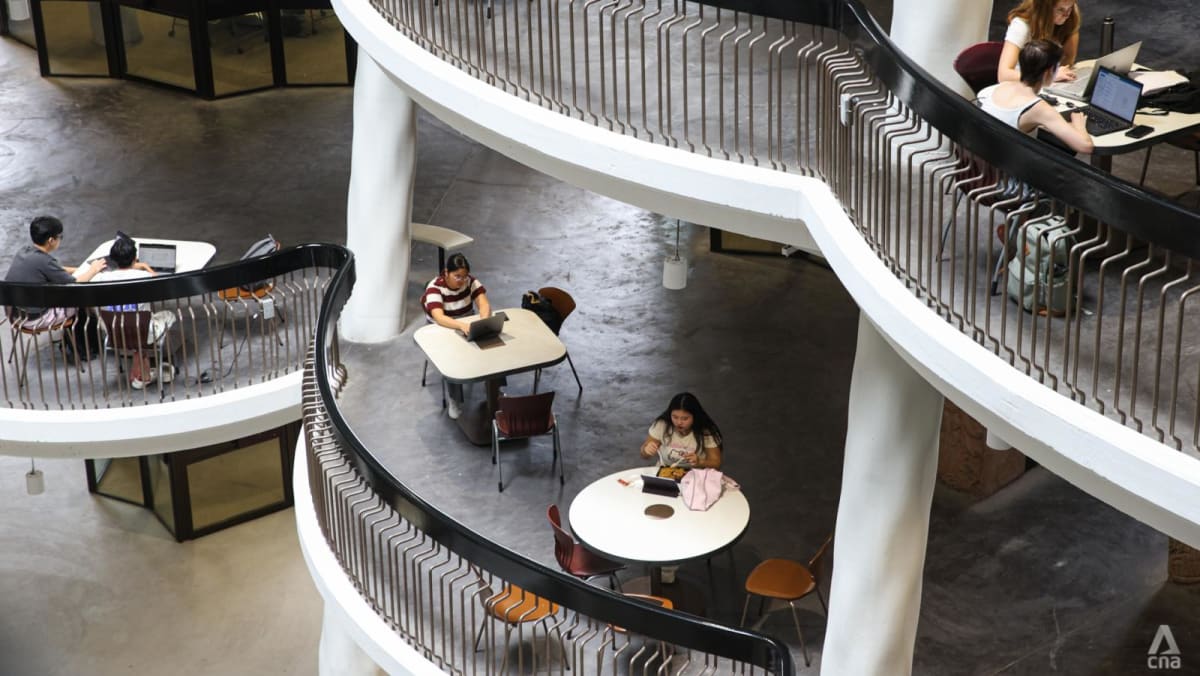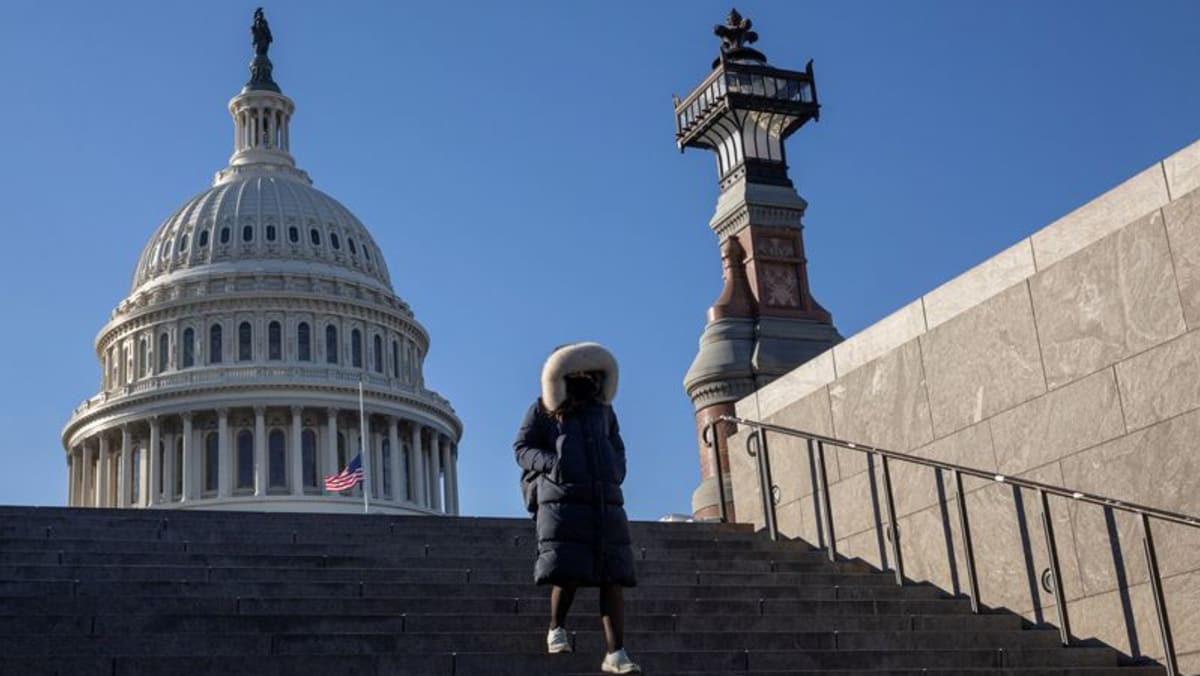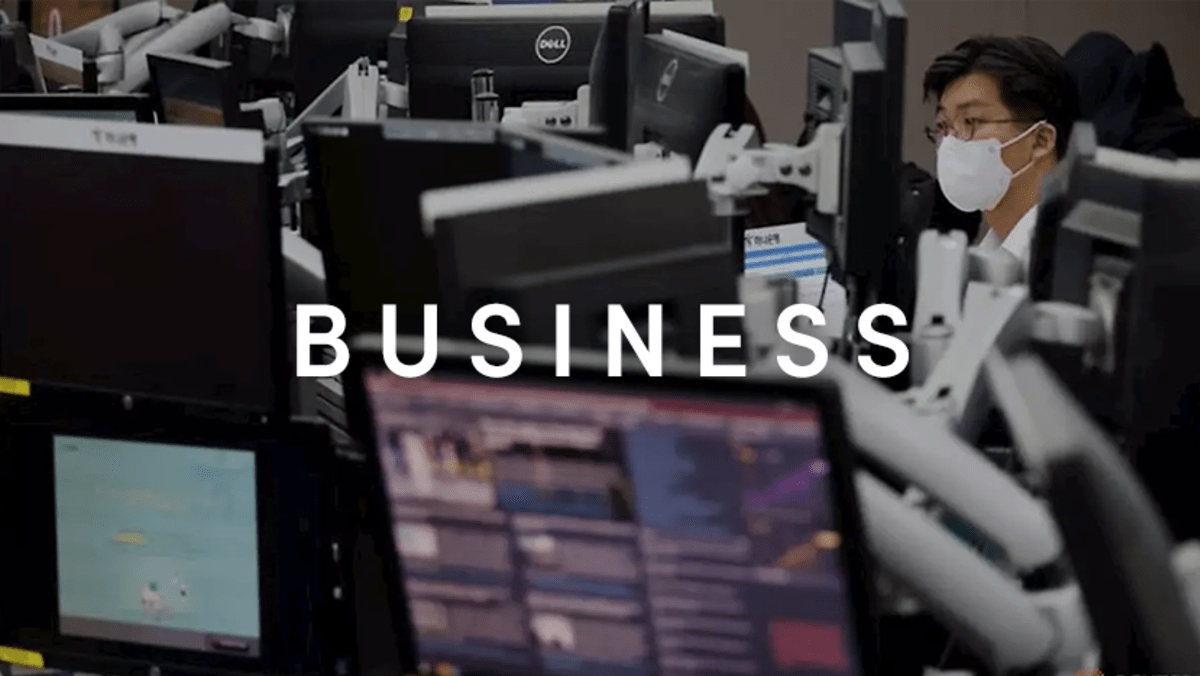TOKYO :Japan’s annual wholesale inflation held steady at 3.8 per cent in December on stubbornly high food costs, data showed on Thursday, highlighting persistent price pressures that may prod the central bank to raise interest rates next week.
The data comes in the wake of Bank of Japan Governor Kazuo Ueda’s remarks on Wednesday that the bank will debate whether to raise rates at the Jan. 23-24 meeting, signaling it will take borrowing costs higher barring any market shocks after U.S. President-elect Donald Trump takes office on Monday.
“At next week’s meeting, the board will debate whether to raise interest rates based on our new quarterly outlook report,” Ueda said in a meeting with regional bank executives on Thursday, echoing comments made the previous day.
The year-on-year rise in the corporate goods price index (CGPI), which measures the price companies charge each other for their goods and services, matched a median market forecast and followed a 3.8 per cent annual increase in November.
The increase was driven by a 31.8 per cent jump in agricultural goods costs as the price of rice continued to soar. Fuel costs also rose due to the phase-out of government subsidies aimed at curbing utility and gasoline prices.
An index measuring yen-based import prices rose 1.0 per cent in December from a year earlier, the data showed, a sign the yen’s weakness continued to inflate costs for companies.
“Import prices are likely to continue rising slightly for the time being,” which may briefly drive up wholesale inflation above 4 per cent and put upward pressure on consumer prices, analysts at SMBC Nikko Securities wrote in a research note.
Core consumer inflation, which the BOJ bases its monetary policy decisions, has exceeded the bank’s 2 per cent target for nearly three years and hit 2.7 per cent in November.
Prospects of sustained wage gains and the boost to import costs from a weak yen have heightened attention within the BOJ to rising inflationary pressures that may lead to an upgrade in its price forecast at next week’s policy meeting, sources have told Reuters.
The yen rose 1 per cent overnight and extended gains in Asia to hit 155.21 per dollar on Thursday, its strongest since Dec. 19, as Ueda’s comments prompted market players to priced in the chance of a rate hike next week.
An overwhelming majority of economists polled by Reuters on Jan. 8-15 expected the BOJ to hike rates again this quarter, with most leaning toward a January move. After January, the board next meets for a rate review on March 18-19.
Markets see about a 78 per cent chance of a 25 basis point increase next week.
Some financial institutions, including those at Barclays and Nomura, brought forward their rate hike call to this month from March after the comments from Ueda and his deputy Ryozo Himino.
“The speech and press conference given by Deputy Governor Ryozo Himino on 14 January suggests to us that the BOJ is more confident about wage hikes and other factors than we had assumed” based on information available since the previous meeting in December, Nomura analysts said in a research note.
The BOJ ended negative interest rates in March and raised its short-term rate target to 0.25 per cent in July on the view Japan was on track to sustainably meet the bank’s 2 per cent inflation target.
The central bank has signalled readiness to raise rates further if broadening wage hikes underpin consumption and allow companies to keep hiking prices not just for goods but services.












